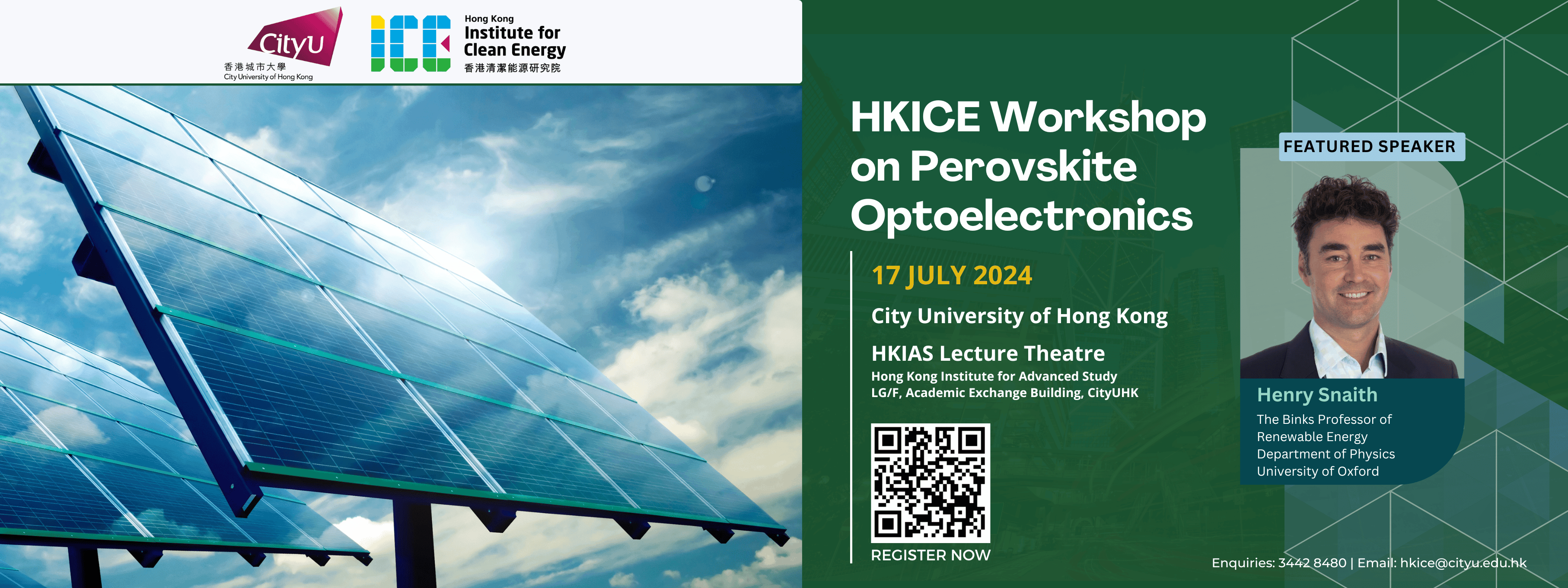Invited Speaker
Biography
Yen-Hung Lin is an Assistant Professor of Electronic and Computer Engineering at the Hong Kong University of Science and Technology. He previously held research positions at Oxford University and Imperial College London. Prior to his research career in the UK, he worked as a senior R&D engineer at AU Optronics in Taiwan. Yen is a Materials Research Society (MRS) Graduate Student Gold Awardee and a recipient of the Solid-State Physics Prize. He is currently an Associate Editor of the American Physical Society (APS) PRX Energy. His research group concentrates on leveraging material intelligibility to identify technological bottlenecks in new generations of semiconductor devices, with a particular focus on optimising perovskite photovoltaic and optoelectronic devices for operational longevity. Additionally, his team works on device lifetime prediction through deep learning neural networks.
Reaching the Goldilocks Zone: Mastering the Defective Nature of Perovskite Solar Cells
Yen Hung LIN
Abstract
For metal halide perovskites, the material complexities of managing structural strains, surface imperfections, and the intricacies of thin-film form factors underscore the need to master a crucial “Goldilocks Zone” of their material properties. Generally, fine-tuning doping concentrations, energy levels, and defect states is critical for optimal device performance. Although metal-halide perovskite solar cells are considered “defect-tolerant,” achieving peak efficiencies and enhanced operational stability in optoelectronic applications requires precise control over growth and defect passivation. The crux of maximizing performance lies in mitigating non-radiative defect-mediated recombination through passivation. In this talk, I will present our perspective on formulating a practical mitigation plan to tackle the challenges that dictate the performance of perovskite solar cells.

